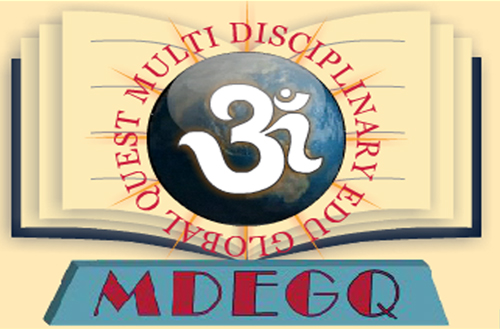RELAXATION TECHNIQUES IN SPORTS
Relaxation is characterised by an absence of activity and tension. Relaxation is the most fundamental psychological skill. Stress management techniques viz. autogenic training, biofeedback, hypnosis, meditation, progressive relaxation, and other methods have been used as aids against stress in various fields-psychotherapy and sports in particular. Self talk enhances and reinforcing self-confidence before an athletic performance. In progressive relaxation technique, an individual progresses form one muscle to another to learn the skill. Autogenic training brings in other sensations associated with the state of relaxation, and calls for some time of self hypothesis on the part of the athlete. . Yoga is respected by the Indian schools of philosophy because of its practical aspects containing various psycho-physiological practices rather than its philosophy. Meditation is a cognitive or mental technique for relaxation which utilises the mind to muscle approach. Mental training consists of psychological techniques aimed at control and change of an individual’s external, internal, mental and physical behaviour and experiences. Lastly Biofeedback consists of both voluntary and reflexive muscular movements which are constantly monitored by means of information feedback, which enables the muscle groups involved to make necessary adjustments promptly and accurately. Biofeedback is self regulation in a dynamic interchange with the environment.
